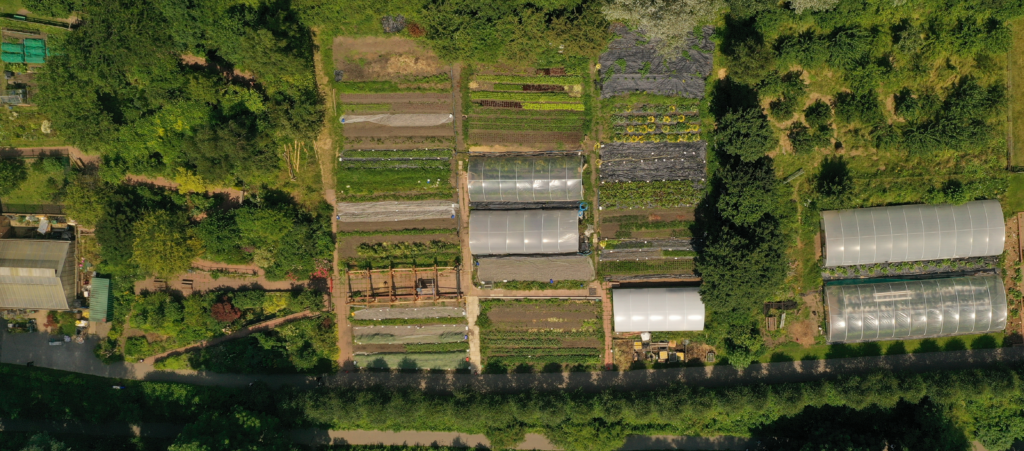Food Sovereignty underpins the vision and perspectives of our work. The framework of Food Sovereignty was drawn up by La Via Campesina and provides common ground to the positions of farmers and agricultural workers unions, and social movements around the world. Through the organisations that now make up the International Planning Committee for Food Sovereignty over 300 million food producers stand behind the vision of Food Sovereignty.
Having an agreement on the principles of Food Sovereignty gives us a coherent starting point from which to work. La Via Campesina define Food Sovereignty as:
“The right of peoples to healthy and culturally appropriate food produced through ecologically sound and sustainable methods, and their right to define their own food and agriculture systems. It puts those who produce, process and consume healthy and local food at the heart of our agriculture and food systems, instead of the demands of market and transnational companies”.
La Via Campesina agree on 6 pillars of Food Sovereignty which we have adapted to reflect the UK context.
1. FOOD IS FOR PEOPLE
Agriculture should focus on producing food to feed people rather than as inputs for the global commodity market. This means guaranteeing the right to food to ensure that everybody, regardless of income, status or background, has secure access to enough nutritious, culturally appropriate, good food at all times.
2. FOOD PRODUCERS ARE VALUED
The people who produce and provide our food should be properly rewarded, protected and respected. This means decent living wages, secure contracts, fair representation and good working conditions for everyone involved in getting food from the field to our plates.
3. FOOD SYSTEMS ARE LOCALIZED
Good food should be easily accessible in both rural and urban areas, through numerous local outlets. This means local provision and short food supply chains should be prioritised over imports wherever possible. International trade should serve the rights of all people to safe, healthy and ecologically sustainable food production and ensure that we do not undermine the food sovereignty .
4. THERE IS DEMOCRATIC CONTROL OVER THE FOOD SYSTEM
Control over the resources to produce, distribute and access food should be in the hands of producers, communities and workers across the food system. Civil society should be at the centre of policy-making, with the power to shape the way the food system functions and influence the policies and practices needed to transition to a just food system.
5. WE BUILD KNOWLEDGE AND SKILLS
The knowledge and skills needed to produce, process, distribute, and prepare food should be protected and invested in. The cultures of food producers and communities should be valued, including the ability to develop and pass on knowledge and skills to future generations.
6. OUR FOOD SYSTEM WORKS WITH NATURE
Food production and distribution systems should protect natural resources, reduce environmental impact and work in harmony with nature. Agroecology should be the basis for food production, where food is produced within the finite limits of our planet’s resources, protecting and respecting our environment and communities, and without compromising the ability of future generations to provide for themselves.
